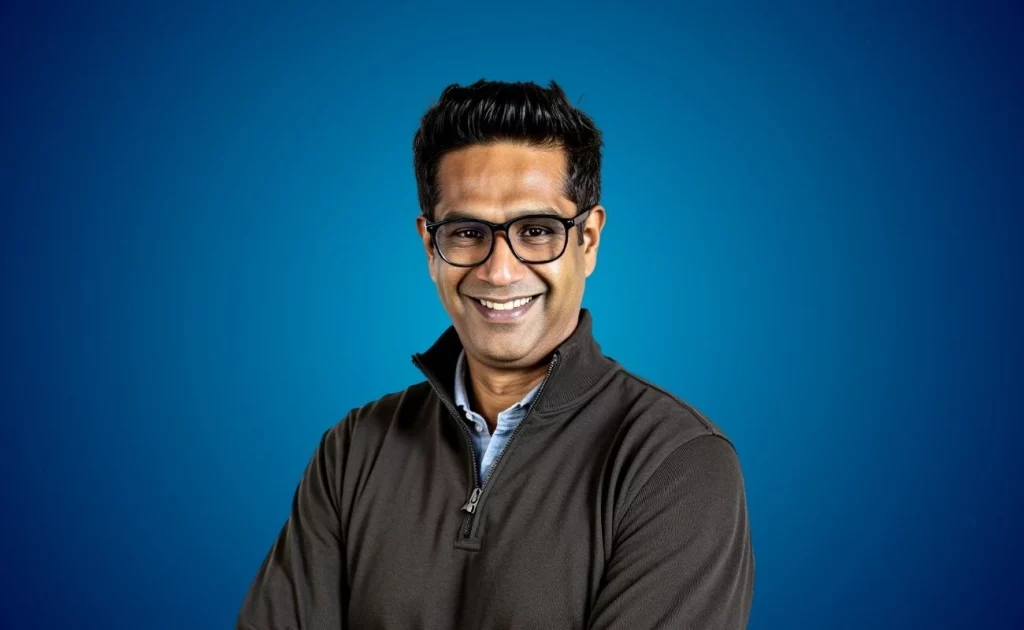Aditya Prabhu, CEO & Co-Founder of Secutech highlights how integrated, people-first technologies are transforming India’s cities into smarter, safer, and more resilient ecosystems.

India’s rapid urbanisation presents complex challenges in safety, governance, and infrastructure management that demand thoughtful, innovative solutions. Today, the security technology sector has transcended its traditional role of silent enabler and become a core engine powering smarter, safer, and more resilient urban ecosystems.
Industry leaders across domains are increasingly recognising that digital transformation is as much about empowering people as deploying platforms. The most effective technology adapts to the real-world needs of citizens. Systems that prioritise ease of use, privacy, and security benefit the community at large by removing complexity.
Across the country, end-to-end innovations are enabling holistic management of urban risks. From the integration of AI-enabled command centres and advanced surveillance systems to open-architecture platforms that secure both public and enterprise spaces, technology solutions are now shaping municipal governance, traffic regulation, and even daily citizen experiences. Real-time analytics have evolve dbeyond buzzwords to become the backbone of agile response, transparency, and trust in public safety.
Integrated Solutions, Real-World Impact
From our experience, deployments in cities like Chhatrapati Sambhajinagar, Maharashtra, spotlight the real-world impact of integrated technology. There, a smart city ecosystem powered by AI surveillance, automatic number plate recognition, red light violation detection, and incident management has helped improve law enforcement responsiveness and tangibly elevated citizen trust in local governance. Similarly, the DigiPravesh system deployed at the Maharashtra Mantralaya has reduced waiting times and introduced secure, frictionless access for thousands of visitors daily.
Acceleration in Times of Crisis
The pace of change quickened with the COVID-19 pandemic. It brought an additional layer of urgency and innovation. In Mumbai, drone-based monitoring and digital tools allowed city and police authorities to uphold public safety in zones difficult or unsafe to patrol on foot. Examples like these illustrate how Indian industry partners have moved from being service providers to true collaborators in urban resilience.
Building Adaptive, People-First Cities
Building resilient cities is about more than physical security. It is about adaptive, people-first systems. Across sectors, the combination of biometric and card-based identity management, cloud technologies, and digital automation is delivering dependable, scalable safety for spaces as diverse as hospitals, logistics facilities, and corporate campuses.
Digital Vigilance: The New Layer of Urban Safety
Another defining trend is the rise of digital vigilance. For example, using social media analytics, safety officers can detech potential risk early on and take corrective measures. Without breaching individual data and information privacy, authorities can use emerging technologies and advances in systematic keyword tracking, sentiment monitoring, and pattern analysis to spot crowd surges, misinformation, and even localized unrest. In Nashik and elsewhere, this approach has already enabled swifter law enforcement actions and nuanced crisis communication. Companies like ours deploy such solutions with a strong commitment to national and global privacy standards.
The impact is clear and growing. Technology providers with a footprint across states such as Gujarat, Maharashtra, and Karnataka are contributing to reduced wait times, increased safety, and greater transparency in operations from municipal to enterprise levels. Ongoing collaboration between industry, government agencies, and communities is essential as the risks and needs of India’s cities evolve.
Resilient Urban Intelligence
Looking ahead, the future of urban safety and intelligence will be shaped by how our sector addresses critical domains like public health infrastructure, e-governance, mobility, and smart data centers. Sophisticated, AI-driven IoT integration is no longer future-gazing. It has become the present-day foundation for resilient, inclusive cities. The goal must always be technology that grows with citizens, adapts to new realities, and expands the circle of trust and safety to every corner of society.
With every urban deployment and industry collaboration, Indian technology companies are raising the bar for what it means to build truly smart, safe, and thriving cities. The way forward lies in harnessing emerging technologies not just to solve problems, but to create opportunities for citizens to flourish.
Reflecting on Secutech’s vision and ongoing efforts in this space, Mr. Aditya added:
“Our work in Chhatrapati Sambhajinagar is a prime example of how integrated systems can improve safety, streamline enforcement, and build citizen trust in governance. The success we have observed there builds our conviction that the future of urban management lies in comprehensive, intelligent solutions rather than isolated innovations”.
“Looking beyond metros, we see tremendous opportunity in tier-2 and tier-3 cities. These areas are digitally awakening and require smart systems tailored to local realities. Our goal is to enable inclusive, scalable smart city solutions that work across diverse Indian contexts, ensuring that no part of the country is left behind in the journey toward smarter urban living”
“Smart city tech must deliver measurable societal benefits, not just flashy tech demos. That focus on outcomes beyond outputs is what distinguishes successful smart cities. For us, it means building systems that bring tangible improvements in safety, efficiency, and citizen well-being. Our work is an ongoing journey. We strive to be at the cutting edge of technology while deeply grounded in what cities and citizens actually need. Every system we build is a step toward resilient, efficient, and inclusive urban living.”